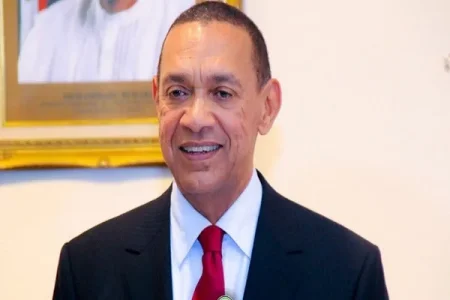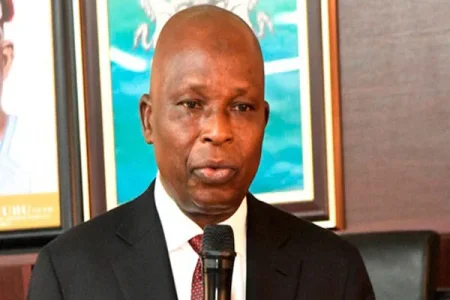Over the past five years, at least 35 lecturers in Nigerian tertiary institutions have faced dismissal due to allegations of sexual misconduct, according to an analysis of media reports by Sunday PUNCH. Sexual harassment remains a recurring issue in higher education in Nigeria, with a 2018 survey by the World Bank Group's Women revealing that 70% of female graduates from the country's tertiary institutions experienced sexual harassment, with classmates and lecturers being the main perpetrators.
Despite the passage of a 2021 bill by the Senate that proposed a 21-year imprisonment term for lecturers found guilty of sexual harassment, most of the lecturers who faced allegations and were found guilty after the bill's passage were simply dismissed.
Obafemi Awolowo University, Ile-Ife, had the highest number of lecturers indicted for sexual misconduct during this period. Other universities that took disciplinary action against lecturers over sexual harassment allegations include Ambrose Ali University, Ekpoma, Imo State University, University of Nigeria, Nsukka, Federal University, Oye-Ekiti, University of Lagos, University of Port Harcourt, Federal Polytechnic, Bauchi, Ignatius Ajuru University of Education, Kwara State University, Elechi Amadi Polytechnic, Kogi State Polytechnic, and University of Calabar.
The Academic Staff Union of Universities (ASUU) encourages students to report cases of sexual harassment to the school authorities and the student union. ASUU also has an Ethics and Grievances Committee on campuses to address such cases. The organization emphasized the importance of implementing dress codes to reduce the temptation for harassment.
Activists and experts have called for the president to sign the sexual harassment bill into law to provide clear legal consequences for perpetrators and encourage survivors to report incidents without fear of victimization. They also stressed the need for anti-sexual harassment committees and a system of trust between university management and students to combat this behavior effectively
Despite the passage of a 2021 bill by the Senate that proposed a 21-year imprisonment term for lecturers found guilty of sexual harassment, most of the lecturers who faced allegations and were found guilty after the bill's passage were simply dismissed.
Obafemi Awolowo University, Ile-Ife, had the highest number of lecturers indicted for sexual misconduct during this period. Other universities that took disciplinary action against lecturers over sexual harassment allegations include Ambrose Ali University, Ekpoma, Imo State University, University of Nigeria, Nsukka, Federal University, Oye-Ekiti, University of Lagos, University of Port Harcourt, Federal Polytechnic, Bauchi, Ignatius Ajuru University of Education, Kwara State University, Elechi Amadi Polytechnic, Kogi State Polytechnic, and University of Calabar.
The Academic Staff Union of Universities (ASUU) encourages students to report cases of sexual harassment to the school authorities and the student union. ASUU also has an Ethics and Grievances Committee on campuses to address such cases. The organization emphasized the importance of implementing dress codes to reduce the temptation for harassment.
Activists and experts have called for the president to sign the sexual harassment bill into law to provide clear legal consequences for perpetrators and encourage survivors to report incidents without fear of victimization. They also stressed the need for anti-sexual harassment committees and a system of trust between university management and students to combat this behavior effectively




